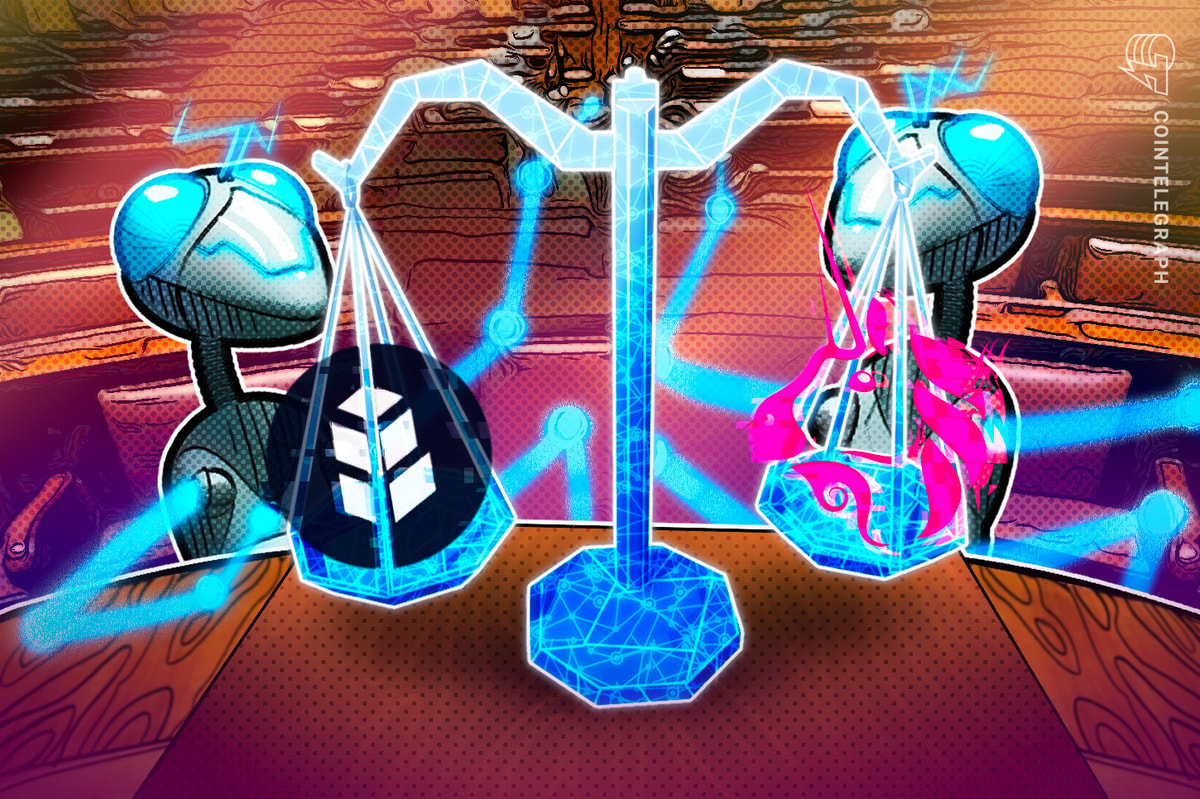In a recent move that underscores the profound change Hollywood is undergoing, Netflix listed an opening for an AI product manager with a lucrative annual salary of $900,000. To provide some perspective on this figure, the median pay for a Hollywood actor stands at $26,000. This disparity in remuneration is an early indicator of the entertainment industry’s rapid pivot toward technology-driven solutions, possibly using digital replicas in lieu of real actors.

In a landscape where technology and creativity converge, the entertainment sector is capitalizing on the generative AI wave. Netflix and Disney’s job postings offer a glimpse into the monetary significance of this technological transition:
- A position for a Generative AI Technician boasts a salary of up to $650,000.
- The role of a product manager for the machine learning platform, which can be fulfilled remotely, carries an upper salary limit of $900,000.
The cast of Oppenheimer has recently confirmed that they have left the UK because they are no longer required to promote the movie, according to Christopher Nolan. The strike by actors has officially started. According to The Verge, Hollywood offered to have the actors scanned with AI during negotiations so they could use their likeness in the future without paying or getting permission. Like something out of Black Mirror.
Amid the fervor around AI’s integration in entertainment, Netflix launched “Deep Fake Love,” a reality show that employs deepfake technology in a manner that has spurred considerable debate. The premise involves five couples, each in a unique stage of their relationship, who navigate a series of emotionally charged scenarios fueled by deepfake imagery. The audience, privy to the fact that these images are computer-generated, watches as couples grapple with trust issues, prompted by convincing videos that depict infidelity. With a concealed prize of 100,000 euros awarded not for loyalty but for the ability to discern real from fake, the show walks a fine line between entertainment and ethical ambiguity.
The show’s format includes:
- Separating couples and placing them in distinct boarding houses, where temptations abound.
- Displaying videos to each participant, showcasing their partner’s perceived indiscretions. These can either be authentic or fabricated using deepfake technology.
- As episodes progress, the deepfakes become increasingly explicit, simulating intimate moments.
- The audience gets an inside look into how the deepfakes are created, comparing the innocent actions of the participants with the manipulated actions of actors.
The media’s reception to “Deep Fake Love” has been largely critical, with some describing it as a severe misuse of technology, while others categorize it as an unsettling precedent for AI’s future application in entertainment. Some critiques include:
- Claims that the show causes unnecessary psychological distress to its participants.
- The perspective that the show sinks to new lows in reality TV content.
- Opinions suggesting the content is both captivating and distressing but should have remained unaired.
The surge in attention and subsequent controversy surrounding “Deep Fake Love” has undeniably catapulted it to significant prominence. With the entertainment realm’s clear inclination toward such technology-centric content, it’s plausible to expect more shows of this nature in the foreseeable future. As Hollywood grapples with the intersection of technology and storytelling, the debate surrounding the ethical boundaries of AI in entertainment is only set to intensify.
Read more about AI:
Read More: mpost.io









 Bitcoin
Bitcoin  Ethereum
Ethereum  Tether
Tether  XRP
XRP  Solana
Solana  USDC
USDC  Dogecoin
Dogecoin  Cardano
Cardano  TRON
TRON  Lido Staked Ether
Lido Staked Ether  Wrapped Bitcoin
Wrapped Bitcoin  Sui
Sui  Wrapped stETH
Wrapped stETH  Chainlink
Chainlink  Avalanche
Avalanche  Stellar
Stellar  Hyperliquid
Hyperliquid  Shiba Inu
Shiba Inu  Hedera
Hedera  LEO Token
LEO Token  Bitcoin Cash
Bitcoin Cash  Toncoin
Toncoin  Litecoin
Litecoin  Polkadot
Polkadot  USDS
USDS  WETH
WETH  Monero
Monero  Wrapped eETH
Wrapped eETH  Bitget Token
Bitget Token  Binance Bridged USDT (BNB Smart Chain)
Binance Bridged USDT (BNB Smart Chain)  Pepe
Pepe  Pi Network
Pi Network  Ethena USDe
Ethena USDe  Coinbase Wrapped BTC
Coinbase Wrapped BTC  WhiteBIT Coin
WhiteBIT Coin  Aave
Aave  Dai
Dai  Bittensor
Bittensor  Uniswap
Uniswap  NEAR Protocol
NEAR Protocol  Aptos
Aptos  OKB
OKB  Jito Staked SOL
Jito Staked SOL  Ondo
Ondo  BlackRock USD Institutional Digital Liquidity Fund
BlackRock USD Institutional Digital Liquidity Fund  Tokenize Xchange
Tokenize Xchange  Cronos
Cronos  Official Trump
Official Trump